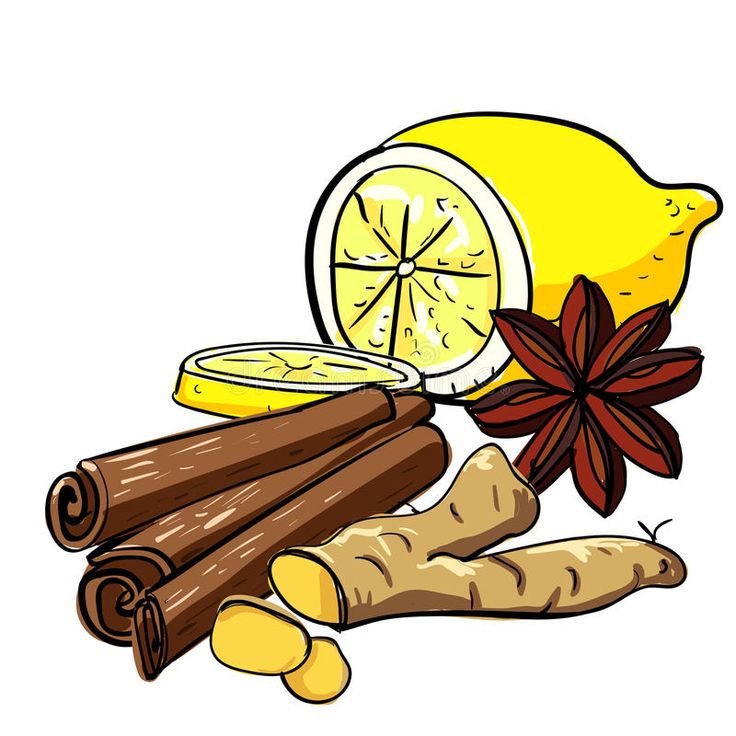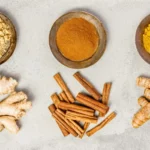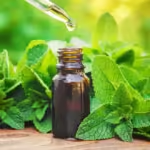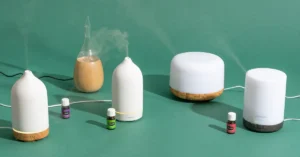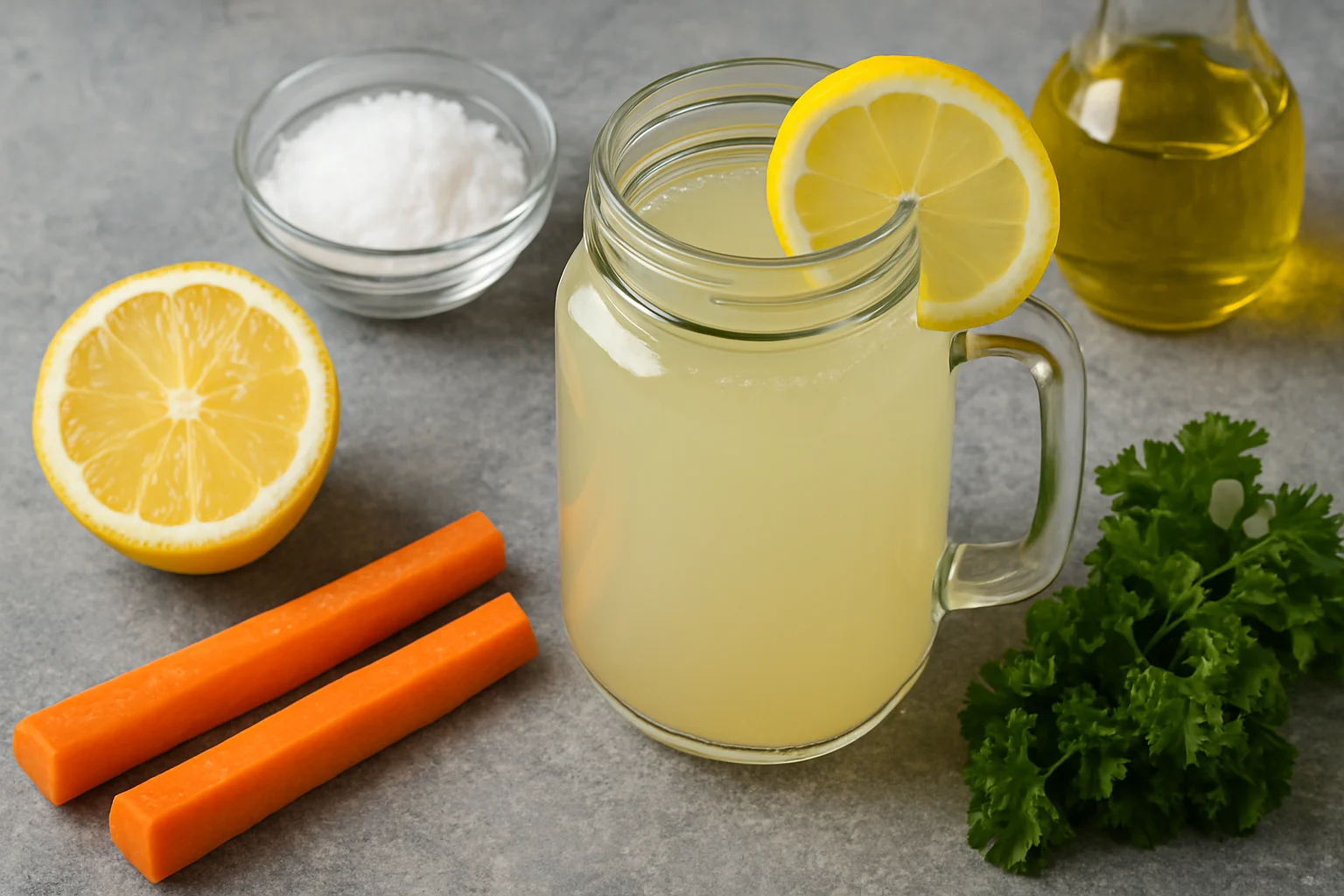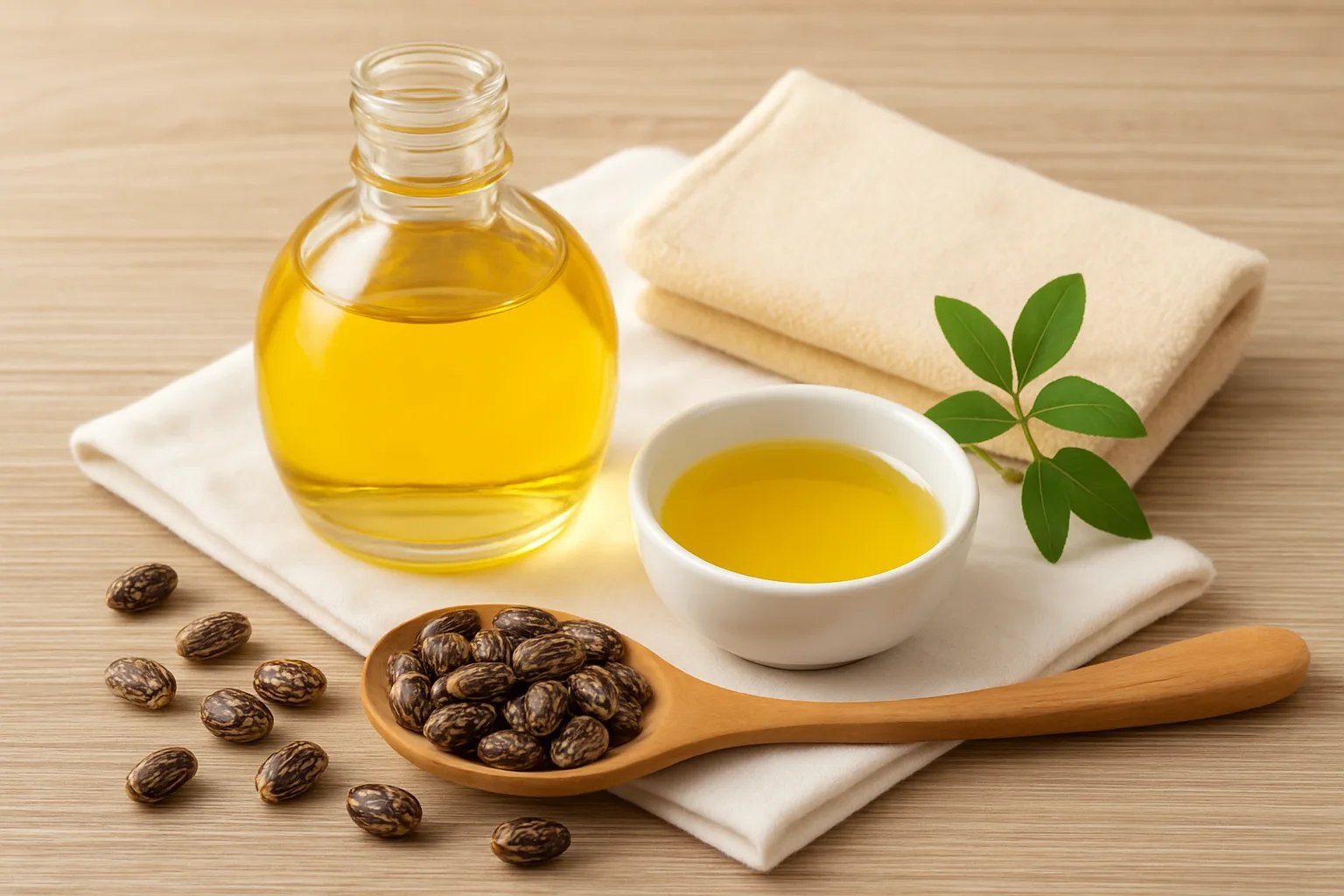Your liver is responsible for filtering toxins from your bloodstream, metabolizing fats, and supporting digestion. However, the liver can become overworked due to poor diet, stress, environmental pollutants, and excessive alcohol consumption. When the liver is overloaded, it struggles to perform optimally, leading to various health issues.

Recognizing when your liver needs detoxification is crucial for maintaining your overall health and preventing long-term complications. Common signs of liver stress, such as fatigue, digestive problems, and skin issues, often signal the need for a liver cleanse.
In this article, we will explore the most common signs that your liver is in need of detoxification and guide you through how to begin the detox process naturally and effectively.
1. Common Signs Your Liver Needs a Detox
Understanding the signals that your liver is under strain can help you address the issue before it worsens. Here are the most common symptoms indicating that your liver needs detoxification.
Chronic Fatigue and Low Energy
One of the most noticeable signs of liver stress is persistent fatigue. The liver plays a key role in converting nutrients from food into energy. When it’s overloaded with toxins, the liver struggles to keep up, leading to chronic tiredness, sluggishness, and difficulty concentrating.
Digestive Problems
The liver produces bile, which is essential for digesting fats and removing waste from the body. When the liver is struggling, it can affect digestion, leading to issues such as bloating, constipation, indigestion, and abdominal pain. Poor bile production can also cause the buildup of toxins in the digestive tract.
Skin Issues and Acne
Your skin is a reflection of your internal health, and liver issues often manifest in skin problems. If your liver is overloaded with toxins, it can lead to acne, rashes, eczema, and dull skin. The liver helps filter out waste, and when it’s not functioning properly, toxins can accumulate and cause inflammation in the skin.
Unexplained Weight Gain
If you’re struggling to lose weight despite a healthy diet and regular exercise, your liver may be to blame. A sluggish liver can impair your body’s ability to metabolize fats and remove toxins, making it harder to shed excess weight.
Frequent Headaches
Toxic overload in the liver can cause inflammation throughout the body, which can trigger frequent headaches or migraines. These headaches are often linked to high levels of toxins circulating in your bloodstream, as the liver is not efficiently filtering them out.
2. How to Start a Liver Detox
If you notice the signs of liver stress, it’s important to take action with a gentle and supportive detox. Here’s how to start:
1. Incorporate Liver-Cleansing Foods
Your diet plays a significant role in liver health. Begin by incorporating foods that naturally cleanse and support the liver’s detoxification process.
Cruciferous Vegetables
Vegetables like broccoli, Brussels sprouts, cauliflower, and cabbage contain compounds that help increase the liver’s ability to produce detoxifying enzymes. These enzymes neutralize toxins, making them easier for the liver to eliminate.
Leafy Greens
Leafy greens like spinach, kale, and arugula are high in chlorophyll, which aids in detoxifying the liver by neutralizing heavy metals and other harmful chemicals.
Citrus Fruits
Lemons, limes, and grapefruits are rich in vitamin C and antioxidants that support the liver in producing glutathione, a key antioxidant involved in detoxification.
2. Stay Hydrated
Proper hydration is essential for liver function. Water helps flush toxins from the liver and kidneys, supporting the detoxification process. Aim for at least 8 glasses of water per day, and consider adding lemon to your water for an extra detox boost.
3. Cut Out Processed Foods and Sugars
Processed foods and refined sugars place additional stress on the liver. These foods are often high in unhealthy fats, artificial additives, and sugars that can contribute to fat buildup in the liver and impair its detoxifying abilities. Switching to whole foods and reducing sugar intake can significantly lighten the liver’s load.
4. Limit Alcohol and Caffeine
Alcohol and caffeine are two substances that can be particularly taxing on the liver. Both require significant processing by the liver, and excessive consumption can lead to liver inflammation and damage. If you’re starting a detox, try cutting back on or eliminating alcohol and caffeine for a few weeks to give your liver a break.
3. Natural Liver Detox Remedies
In addition to diet and hydration, natural remedies can further support your liver’s detoxification process.
Milk Thistle
Milk thistle is a powerful herb that has been used for centuries to support liver health. It contains the active compound silymarin, which helps repair liver cells and protect the liver from toxins. You can take milk thistle in supplement form or as a tea.
Dandelion Root
Dandelion root promotes bile production and helps the liver eliminate toxins. Drinking dandelion root tea or taking it as a supplement can help enhance liver function and support digestion.
Turmeric
Turmeric contains curcumin, a compound with strong anti-inflammatory and antioxidant properties. It helps reduce inflammation in the liver and boosts the production of bile. Adding turmeric to your meals or taking a curcumin supplement can aid in liver detox.
4. Liver Detox Lifestyle Tips
Detoxifying your liver goes beyond food and supplements. Making small lifestyle changes can also have a positive impact on your liver health.
Exercise Regularly
Regular physical activity helps increase blood circulation and promotes sweating, which assists the body in eliminating toxins. Exercise also improves digestion and helps regulate blood sugar levels, reducing the strain on the liver.
Prioritize Sleep
Your body performs vital detoxifying functions while you sleep, including liver detoxification. Aim for 7-9 hours of sleep each night to ensure your liver has the time it needs to regenerate and remove toxins.
Reduce Exposure to Toxins
You can reduce the burden on your liver by limiting your exposure to environmental toxins. Use natural cleaning products, avoid smoking, and reduce your use of plastics and chemical-laden personal care products.
5. Liver Detoxification Timeline: How Long Does it Take?
While the exact time needed to detox your liver varies depending on factors like diet, lifestyle, and the level of liver stress, a typical liver detox can take anywhere from a few days to several weeks.
Short-Term Liver Detox
A short-term liver detox, typically lasting 3-7 days, involves consuming liver-friendly foods, drinking plenty of water, and using natural detox remedies like dandelion tea or milk thistle supplements. This quick reset can help relieve symptoms of liver stress and improve digestion.
Long-Term Liver Support
For more severe cases of liver overload or fatty liver disease, a longer detox program (3-4 weeks) is often recommended. This extended approach involves eliminating processed foods, alcohol, and caffeine while focusing on whole foods, hydration, and herbal supplements to allow the liver to repair and rejuvenate over time.
Conclusion
If you’ve been experiencing symptoms like fatigue, digestive problems, and skin issues, it may be a sign that your liver needs detoxification. By recognizing these warning signs and taking steps to support your liver, you can restore its function and enhance your overall health.
Start with small changes, like incorporating liver-cleansing foods, staying hydrated, and trying natural remedies like milk thistle and turmeric. Over time, these changes will allow your liver to detoxify effectively, leading to increased energy, clearer skin, and improved digestion. For more tips on liver detox and long-term liver health.






